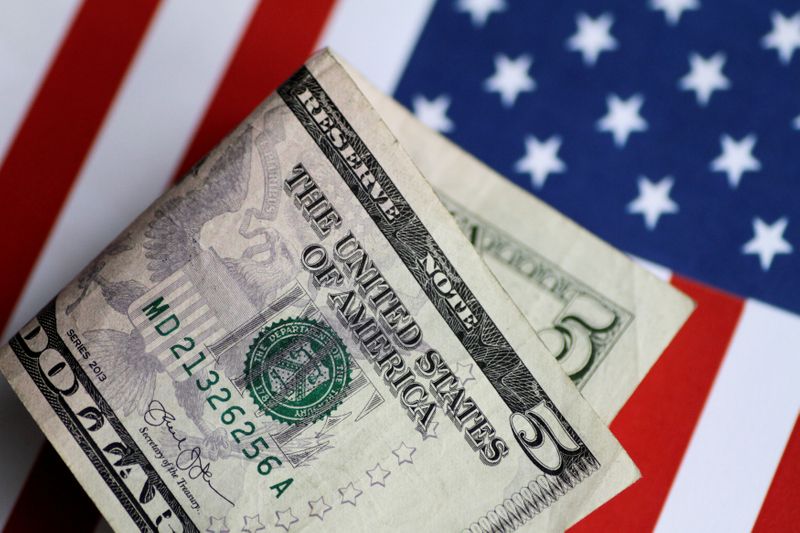By Ambar Warrick
Investing.com -- Most Asian currencies fell on Monday and the dollar rose as markets hunkered down ahead of a Federal Reserve meeting this week, while fears of a banking crisis kept sentiment on edge despite government measures to assuage market concerns.
The Chinese yuan fell 0.2% after the People’s Bank unexpectedly cut reserve requirement ratios for local lenders, loosening liquidity conditions. The central bank also maintained its loan prime rates at record lows, as it moves to increase liquidity conditions and shore up economic growth.
But this has the added effect of applying more pressure on the yuan, as the gap between local and overseas interest rates widens. The Chinese currency was trading close to the 7 level against the dollar on Monday.
Other Asian currencies also retreated, with the South Korean won losing 0.3%, while the Japanese yen lost about 0.1%. But the yen was trading close to its strongest level in a month, aided by increased safe haven demand in the past week.
Japan's Chief Cabinet Secretary Hirokazu Matsuno reassured investors on Monday that the country's banking system was stable and faced no contagion from the U.S. and European crises.
The dollar advanced slightly on Monday, with the dollar index and dollar index futures up 0.1% each.
But the markets were cautious over the greenback ahead of a Federal Reserve meeting this week, where the bank is expected to hike rates by 25 basis points.
Recent ructions in the banking sector saw markets betting that the Fed will soften its hawkish rhetoric to prevent further economic pressure from high interest rates.
The central bank, along with other major peers rolled out emergency liquidity measures over the weekend to support the banking sector and prevent further collapses. Regulators also brokered a merger of Swiss banks UBS Group (SIX:UBSG) and Credit Suisse Group (SIX:CSGN), as the latter grappled with a looming liquidity crisis.
But markets still remained on edge over more pain from the banking sector, after the unexpected collapse of several U.S. lenders last week. Traders were also uncertain over what signals the Fed will send to markets, given that its recent liquidity measures undermine a year-long struggle to tighten monetary conditions and fight inflation.
Volatility in the debt market also loomed, given that UBS will write off about $17 billion worth of Credit Suisse bonds as part of the takeover.
